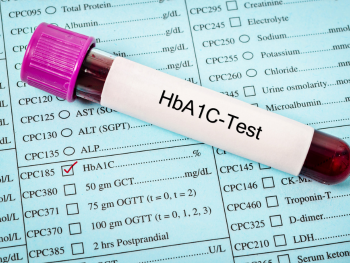Pre-Diabetes Is A Thing. But Does It Matter To Seniors?
By JCA on June 24, 2024

by Howard Gleckman, previous president of JCA
Between half and three-quarters of older adults are diagnosed with pre-diabetes. But what does it mean? And what should you do if you get such a diagnosis? Increasingly, many experts say older patients should not overreact.
A diagnosis of pre-Type 2 diabetes often produces anxiety and confusion in seniors. It can lead to unnecessary tests and medications. And, if poorly managed, treatment can lower blood sugar too much, which is more dangerous for many older adults than diabetes itself, which is high blood sugar.
The important thing to remember is a diagnosis of pre-diabetes does not mean you are at high risk to develop diabetes.
It is important to know if you have diabetes or are at high risk for getting it. But pre-diabetes is not diabetes and, for older adults, it is not even a good indicator that they will progress to the disease. “Labeling people leads to a lot of anxiety,” says Judith Fradkin, a past director of the diabetes program at NIH. “A younger person may be at risk. But in older people, glucose progresses much more slowly.”